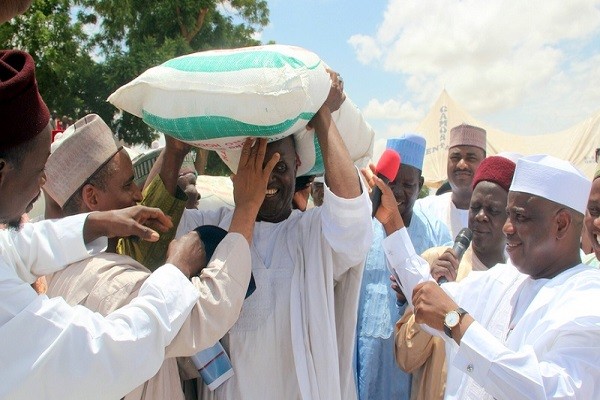President, Fertilizer Producers and Suppliers Association of Nigeria (FEPSAN), has heaped praises on the Federal Government for placing a total ban on the importation of nitrogen Phosphorous and Potassium (NPK) fertilizers.
In a statement released to the public, Thomas Etuh said the ban will help the country go a long way in the fight against the importation of poor quality NPK fertilizer blends, boost local capacity and protect the soil from toxic fertilizers imported by unscrupulous business people.
Following the ban, Etuh made known that the Nigerian Government was already on the verge of saving more than N720 billion in foreign exchange, and save thousands of jobs.
Etuh stressed that the Federal Government has done the right thing because no economy that desires to grow should encourage the importation of what it has the capacity to produce and at affordable prices.
According to Etuh, the only way the Federal Government can demonstrate its commitment to improve agricultural production and boost local capacity is by taking such bold steps that will position the entire agricultural value chain and allied industries to support the Nigerian economy while widening the already open opportunities for foreign exchange earnings.
Etuh affirmed that NPK Fertilizer blends from Nigeria are produced with specific soil composition in mind, a situation that unlike most imported blends which destroy the soil, preserves and adds value to soil nutrients.
“Fertilizer blending plants in Nigeria are growing and have demonstrated the capacity to produce exactly what Nigerian farmers need to enrich Nigerian soil for improved food production. We have demonstrated this and have attestations from farmers to support this claim and when I say we have the capacity, I mean we have such capacity in quantitative and qualitative terms,” he said.
The FEPSAN President added that members of the association have more than 20 blending plants spread across the country to produce up to 4 million tons of high-quality NPK fertilizer blends, a figure that surpasses the 1.5 million tons, which is the highest volume ever utilised by Nigerian farmers.
















